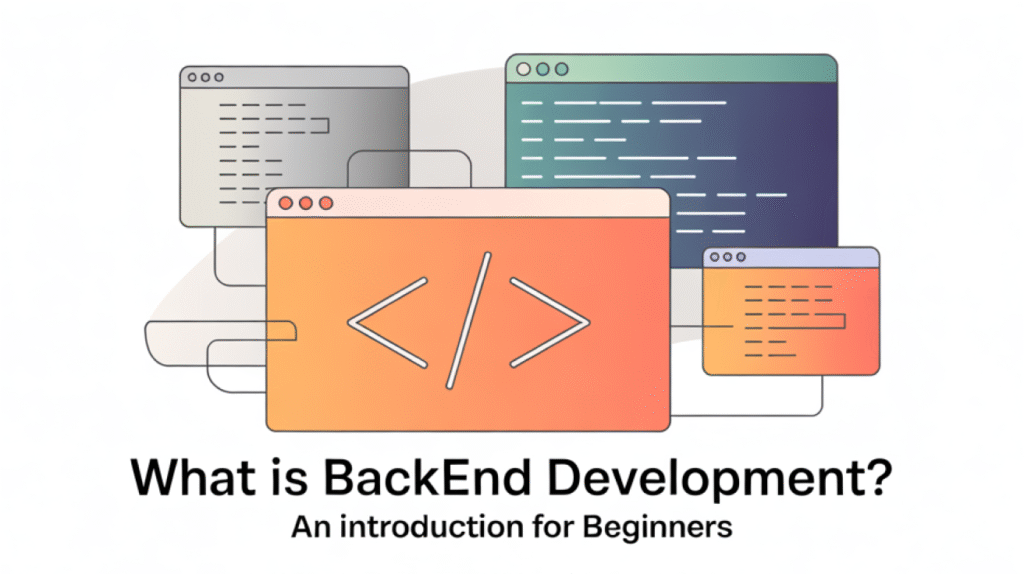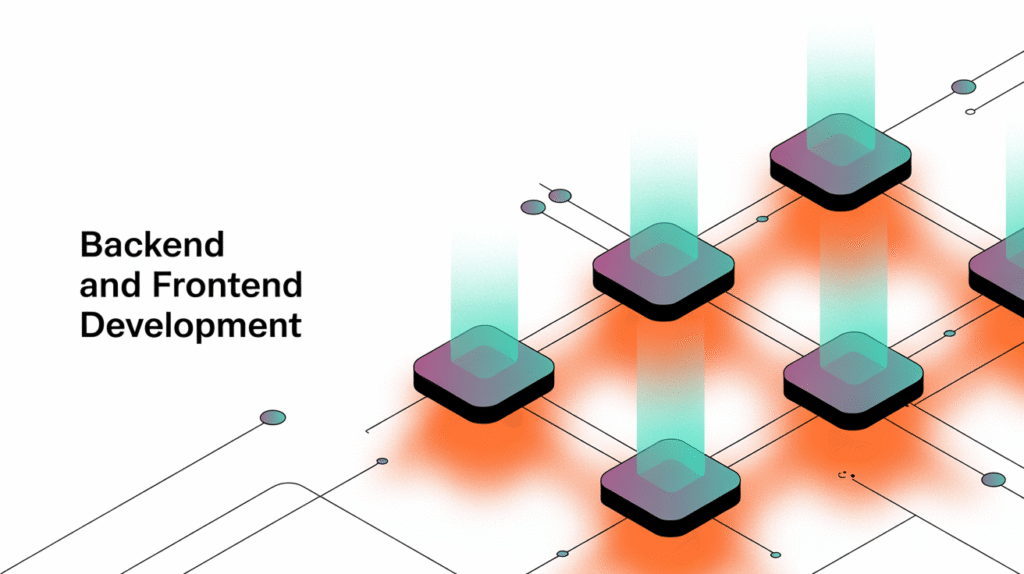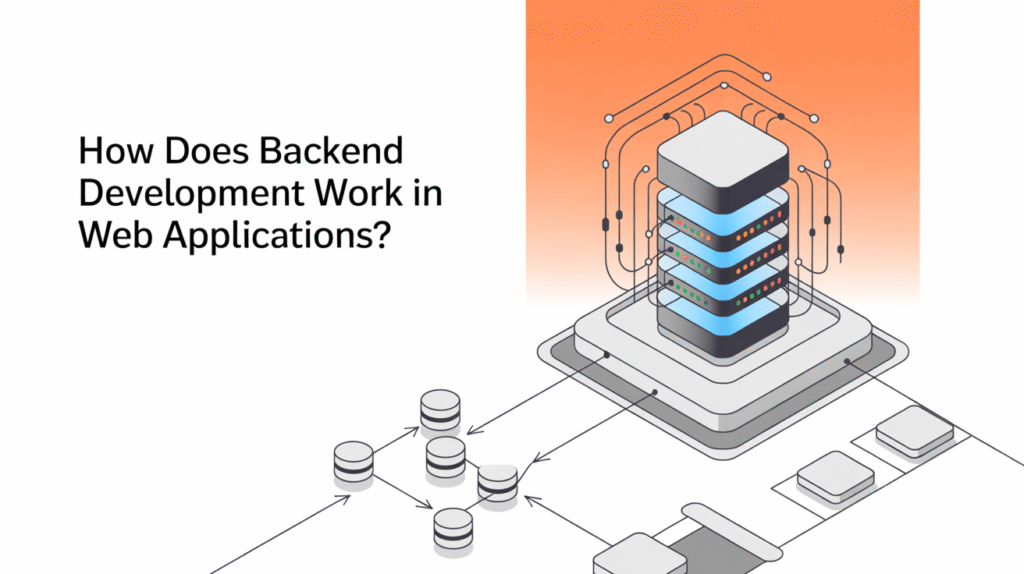- Bluell
- Blog
- Android
How much does software development cost?
- Development
- 9 min Read
- 19 May 2025
When users choose custom software development, the biggest concern is often cost. This is actually a complicated issue because the cost of developing software can change based on several factors. These include the level of complexity of the project and your team’s pricing model.
In Sweden, we have seen that companies have different software needs. These include simple websites, an MVP for a startup, or a robust custom platform that is more complex. Each of these projects has a different price tag.
This article will go over common pricing models used in Sweden. We will look at typical project costs and point out some hidden expenses that may surprise you. By the end, you will have a clearer idea of what to expect and how Bluell can help you optimize costs without sacrificing quality.
Common pricing models in Sweden
In Sweden, software development usually has three pricing models:
1. Fixed pricing model
This is the classic type of “set it and forget it” pricing model where you agree on a specific scope of work, timeline, and total cost before the project starts. It works best when your project is clearly defined, has no major changes, and has no surprises.
Let’s say you want a landing page with very specific features, and you know exactly how it should look and function. A fixed price model keeps things predictable for both parties. But the moment your requirements change, the fixed price can change as well. So this model is best for small to medium-sized projects with well-defined goals.
| The Professional | Disadvantages |
| Predictable cost | Less flexibility for changes |
| Clear deadlines and scope | Can lead to scope creep and renegotiation if things change |
| Easy to budget | Risk of stressed delivery to stay within budget |
| Low handling costs | Not ideal for complex or evolving projects |
2. Time and materials pricing model
This model is more flexible. You pay for the actual time and resources used to develop your project. It doesn’t lock in a fixed scope, but instead lets you iterate, test, and improve as you develop it. It lets you develop your software in real time and lets you adjust based on what works and what doesn’t.
If you’re working on a mobile app MVP and expect your idea to evolve during development, this model gives you breathing room. It also gives developers room to focus on quality rather than taking shortcuts to meet a fixed cost.
| The Professional | Disadvantages |
| High flexibility to make changes | The final cost is less predictable |
| Ideal for agile and development projects | Requires more active involvement on your part |
| Pay only for work actually performed | Can exceed budget if not managed well |
| Easier to explore new features | Slower start if planning is not tight |
3. Dedicated Team Pricing Model
This is like hiring an in-house team remotely. You get a group of developers, designers, or QA engineers who work exclusively on your project for a fixed monthly fee. You manage the priorities, we take care of the team.
This model is perfect if you have a long-term roadmap or need consistent development power without the hassle of recruiting and managing a full-time team. Many startups and growing tech companies in Sweden use this to scale quickly without inflating their internal staff.
The Professional Disadvantages
- Full control over team priorities
- Monthly cost, even if priorities change
- Seamless integration with your team Requires onboarding and daily collaboration
- Scales up or down as needed It may be excessive for very small or short-term projects
- Long-term development continuity Depends on communication and management structure
Cost ranges for typical projects
| Type of project | Estimated cost (SEK) | Description |
| Simple business website or portal | 20,000 – 80,000 SEK | A handful of pages (Home, About, Contact), basic CMS or galleries. |
| MVP for a startup | 150,000 – 500,000 SEK | Core features only, basic mobile/web app, simple integrations, early user testing. |
| Scalable custom platform | From 500,000 SEK | Complete architecture, advanced security, complex integrations, built to grow. |
Hidden costs you shouldn't ignore
There are some hidden costs that are just as important as the initial cost. You should also consider them when planning your budget. These costs can pop up unexpectedly if you are not careful.
1. Maintenance Cost
Once you have developed your software, there is a need to maintain it regularly. Maintenance includes bug fixing and regular updates to secure the application. These maintenance tasks also incur hidden costs, also known as “technical debt”.
There is always a need for regular maintenance after developing software. This includes bug fixing and regular updates to secure the application. These maintenance tasks also incur hidden costs, also known as “technical debt,” which you need to add to your plan beforehand.
To manage this cost, you need to regularly restructure your codebase, train your development team, and perform maintenance tasks.
2. Hosting and Infrastructure
If you want to host your website on a shared server or are considering using a cloud-based solution, you will need infrastructure to build your software. This infrastructure will increase the costs for your business.
You can choose cloud hosting to handle this cost. This allows you to easily scale your software without any upfront investment.
3. Third-party integrations
Your software application will certainly gain many benefits by connecting to third-party tools (such as payment gateways and CRM systems), but these integrations also incur costs that are not immediately transparent but can affect you in the long run.
How Bluell optimizes cost without compromising quality
We know that costs play a big role when planning any software development project. We use your budget wisely with transparent pricing models and promise the highest quality in both design and functionality.
We regularly engage with you to understand your needs to avoid additional costs for improvements. By implementing agile methodologies, we develop your projects in small steps to identify and fix problems early, ultimately reducing the risk of unexpected costs.
We offer affordable development services using the latest tools and techniques to help you achieve high-quality results without high costs. In addition to focusing on completing a one-time project, we even develop long-term bonds with our clients.
Contact us today to start planning your software project the right way.
Table of contents
Contact us
Book a call or fill out the form below and we will get back to you once we have processed your request.




